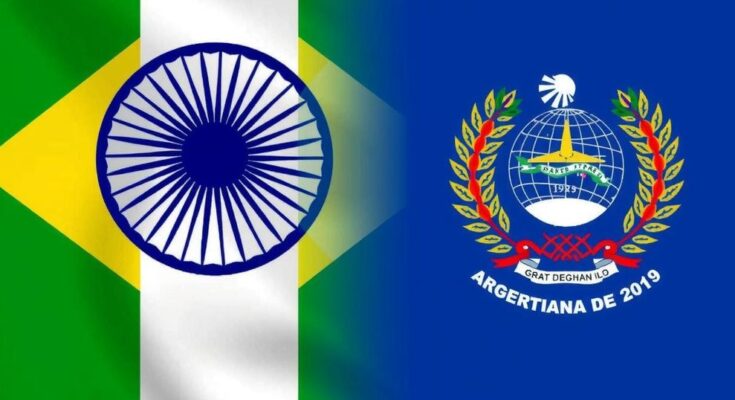Argentina has declined to participate in a vital global initiative against hunger at the G20 summit in Brazil, marking a significant political divergence with host country Brazil. This decision, attributed to President Javier Milei, further complicates an already tense relationship with Brazilian President Luiz Inácio Lula da Silva, who advocates for the initiative aimed at eradicating poverty and hunger by 2030.
Argentina has distinguished itself as the only nation among the G20 not to align with a global anti-hunger initiative set to launch at the G20 summit in Rio de Janeiro, as stated by Brazilian authorities. This decision, made by President Javier Milei’s administration, highlights the growing political divide between Argentina and Brazil, where President Luiz Inácio Lula da Silva promotes the Global Alliance Against Hunger and Poverty, an effort aimed at eradicating hunger and poverty by the year 2030. A total of 81 nations have pledged their support for this initiative, although Argentina’s potential participation remains under negotiation, according to sources from the Brazilian Presidency. The relations between Milei and Lula have been strained, reflecting differing political ideologies, especially since Milei has expressed skepticism towards multilateral cooperation and has advocated for substantial austerity measures to combat Argentina’s inflation crisis.
The Global Alliance Against Hunger and Poverty is a significant initiative proposed by Brazilian President Luiz Inácio Lula da Silva, intended to address the simultaneous challenges of hunger, poverty, and inequality on a global scale. With ambitious goals set for 2030, the Alliance seeks collaboration among countries to implement effective strategies designed to eradicate these societal issues. However, tensions have emerged between Argentina and Brazil, especially following Javier Milei’s election as President of Argentina, fueled by divergent political philosophies, economic strategies, and stances on international cooperation.
In summary, Argentina’s refusal to join the Global Alliance Against Hunger and Poverty underscores a widening political divide within the G20, particularly between Brazil and Argentina. This decision by President Milei reflects his administration’s particular approach to governance, characterized by austerity and skepticism towards multilateral agreements. The rift between these neighboring nations may have significant implications for regional cooperation in addressing pressing global challenges such as hunger and poverty.
Original Source: www.batimes.com.ar




